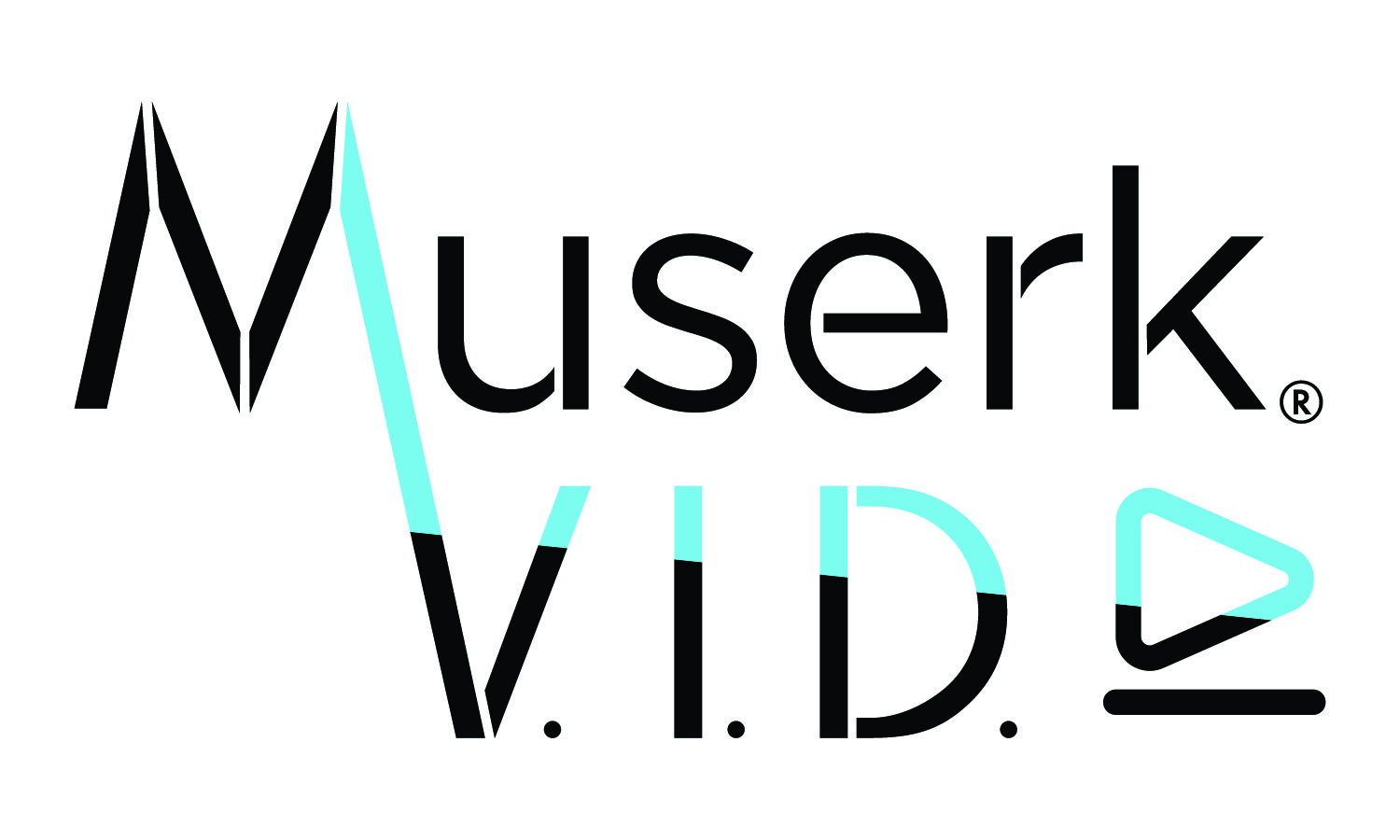Muserk Lands on Inc. Magazine’s Prestigious Annual List of America’s Fastest-Growing Private Companies – The Inc. 5000 No. 4 In Media, No. 779 Overall With Three-Year Revenue Growth of 636% NEW YORK, August 17, 2021 – Inc. Magazine today revealed that MUSERK is No. 4 in Media and No. 779 overall on its annual […]
Read MoreCategory: Music Industry

Product Innovation In Music
When we think of product innovation in the music industry, much of the focus centers on new ways to create music and new ways for fans to consume it. As far back as piano rolls, the idea of having a machine play your favorite music in your own home was amazing, this iterated into piano […]
Read More
Tornadoes, Rescue Dogs and Rights Management; Why this New Yorker made the move to Nashville
I grew up singing; theaters, retirement communities, Monday night open mic’s, and anywhere that would have me. As I got older, I learned that I was pretty good at being a musician, but terrible at being an artist so I moved to New York City to pursue a career in songwriting. Of course, this meant […]
Read More
Thoughts from a Working Musician In Nashville
“Nashville has a long history of songwriting.” This was something that I heard over and over when I moved here in the fall of 2017. At the time, I didn’t understand that this statement was actually an insight into how the music industry operates. To me, the word “songwriter” wasn’t much different from the word […]
Read More
Announcing Muserk VID, A Joint Venture With Japan’s Video Research to Tackle Japanese Rights Management
Muserk is announcing Muserk VID, a joint venture with Japan’s Video Research to tackle Japanese rights Management
Read More
The Math of Matching – Part 1
Streaming music leaves rights owners – particularly the publisher, society, composer, author groups – with two major challenges. The Digital Service Providers (DSP’s) like Apple, Spotify, Amazon, Tidal, Deezer, Pandora, etc, can send anywhere from 1.5 to 5 million different tracks in a monthly usage report resulting in a massive volume of data to process
Read More